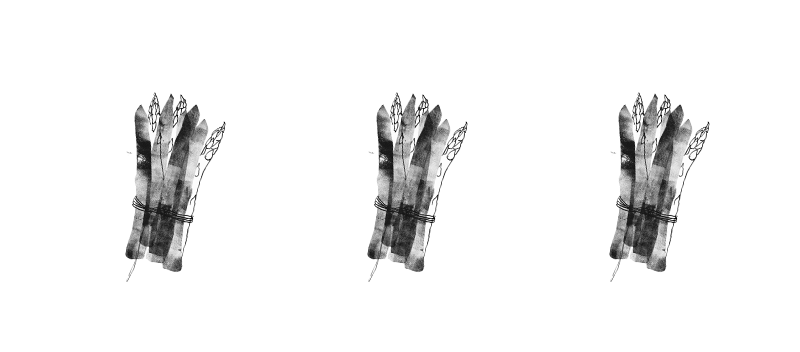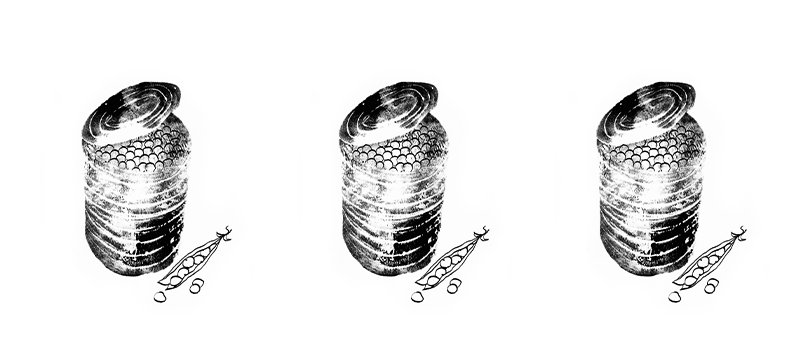Spring is in the air – and that’s true in the toilet too. Not so much the smell of blossom, but of asparagus. Why is that?
Asparagus doesn’t smell of anything until you go for a pee. The smell is often in the urine within ten minutes of eating the vegetable. ‘That smell is caused by asparagusic acid,’ says Renger Witkamp, professor of Nutritional Biology. This is a substance produced by the asparagus plant as a defence mechanism against fungal infections. Our bodies cannot use it, so they break it down into various sulphur-containing substances which are then excreted by the kidneys. These waste products give rise to the typical smell. Which, incidentally, some people don’t smell: ‘About 30 per cent of people have a genetic mutation that prevents their nose from detecting these odours. This phenomenon also occurs with other substances such as vanilla.’ Asparagus is not the only substance that leaves traces in urine. Witkamp: ‘Vitamin pills, especially those containing vitamin B1 and B6, give off a typical odour, as does bouillon or basil.’
Doctors used to test urine to determine whether someone was suffering from diabetes
Renger Witkamp, professor of Nutritional Biology
Paying attention to urine odours goes back centuries. In the seventeenth century, for example, there were quacks who thought they could diagnose patients from the colour and smell of their urine. In that period, a doctor examining a patient’s urine was also a regular subject of paintings, such as one by the famous Dutch artist Jan Steen. We would call it quackery now but, according to Witkamp, you can actually extract a lot of information from urine. ‘In the past, doctors tasted urine to determine whether someone was suffering from diabetes. And a ketogenic smell, which is a kind of acetone smell, occurs in diabetics whose insulin levels are too low, or when someone is following a – currently popular – ketogenic diet. Urinary tract infections or venereal disease can also lead to strange odours. ‘Generally speaking, urine should be odourless,’ says Witkamp. ‘And colourless too, with the exception of morning urine. Unless you have just eaten beetroot, pills with vitamin C and B2 or certain medicines. If it is a bit whiffy, and especially if it is persistently so, it’s time to see a doctor.’
Every day we are inundated with sometimes contradictory information. So what are the facts of the matter? In this feature, a scientist answers your pressing questions. Asking them makes you wiser. Do you dare to ask yours? Send an email to: redactie@resource.nl

 Illustration: Marly Hendricks
Illustration: Marly Hendricks 

